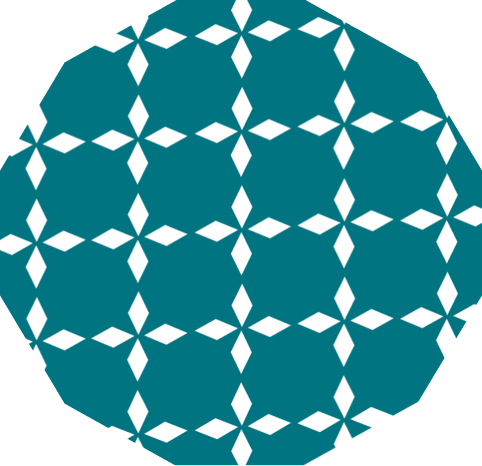
Nanopatterning applications
Building patterns and structures at the nanoscale allows to control and manipulate the light travel on materials to perform different kinds of devices in fields such as optics, electronics, biotechnology, and energy. Thus makes nanopatterning a key process step for a multitude of nanophotonic applications. The applications mentioned above are just some examples of SCIL Nanoimprint’s technological possibilities.

Augmented Reality
Nowadays, creating interactive experiences in the real world is attracting more attention nowadays. Employing SCIL, AR devices can be manufactured highly reproducible without plastic deformation.

Metalenses
The conformal imprinting, high-resolution patterning, and the possibility of using complex patterns and a wide range of materials make SCIL technology optimal for building metalenses.

Lasers
The possibility of manufacturing gratings with sub-wavelength pitch avoids diffraction losses in the laser cavity, increasing its efficiency.

Bioapplications
Bioapplications play an important role in the human life and society. SCIL technology can be employed in biotech due to the possibility of using biocompatible materials and the high resolution of nanopatterns. Hence, it is possible to utilize it in the production of various devices such as sensors among other devices.

LED
The solid-state lighting revolution has been made possible with white LEDs. Using SCIL and metallic nanoparticles in a nanopattern, it is possible to increase the quantum emission intensity by up to 70 times to create more effective white LED sources.

Photonic crystals
SCIL technology for imprinting the nanopatterns makes possible to create periodic structures that allow controlling and manipulating the light wavelength and direction, thus modifying its propagation. Photonic crystals are interesting for lenses, mirrors or even paints and inks.

Solar panels
Nanopatterns in solar cells can lead to improved light absorption and increased efficiency. This is possible thanks to SCIL technology, which also allows the application of anti-reflective coatings to maximize the light captured.
The possibility to employ a wide range of materials helps with the performance and efficiency optimization of solar panels.
Feel free to reach us out to explore how our technology can benefit your specifics needs!